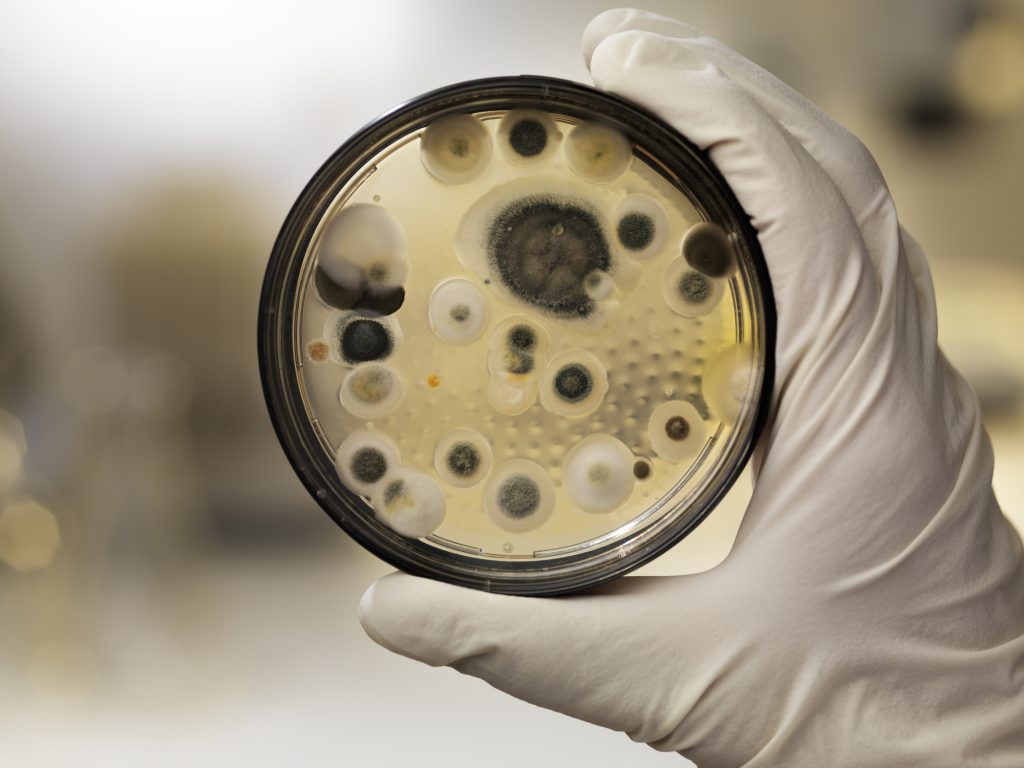Mould solutions
What is mould?
Mould is a specific life form and digests dead organic material such as paper and wood products.
Mould can be harmless at normally expected levels but sometimes when conditions are right it grows and can become allergenic and sometimes toxic.
Not all people are affected in the same way and generally the atopic population, estimated at between 5 and 40% of the population can experience serious health effects ranging from respiratory problems to skin and physical or neurological symptoms ranging from asthma, a recognised consequence of mould exposure, to respiratory and skin problems and even Chronic Fatigue Syndrome. See list of health effects below.
The very young, old and generally those with reduced immune systems are most vulnerable although exposure levels may dictate health effect’s over time.
Mould growth in buildings is always the result of water or moisture and this issue should be resolved as a priority. Moisture can be from leaks, poor insulation, rising or penetrating damp and condensation or simply poor or inadequate ventilation
Mould can become toxic when challenged by other moulds, bacteria or by the application of biocides such as bleach. Approximately 20 mould species out of 100,000 plus are know to be capable of producing toxins and they all grow in buildings.
You cannot identify toxic mould by colour and even toxic moulds do not always produce toxins.
We provide inspection, investigation and where necessary mould sampling to provide you with the extent of damage, causes and solution
How to identify mould risks?
If you think you have a mould problem this will usually be based on one or all of the following:
• Visible mould
• Water damage or staining
• Mould odour
• Unexplained health problems which often disappear when leaving the property
• Family health issues
Even with visible mould the true extent may be hidden and you should read our page on mould detection and remember that dead or non-viable mould can be as toxic or allergenic as live mould growth.
If you can’t see mould it may be hidden behind cavity walls or behind wallpaper
What to do with mould.
If you have mould you should follow these guidelines:
• Identify the source of moisture
• Control and remove moisture
• Remove the mould
• Decontaminate surfaces and the air
Can we help you?
We can assist you in providing assessments of moisture and causation of mould growth. We can identify the potential of and risks of mould and why its caused, how to remediate and solve future or re occuring problems.



